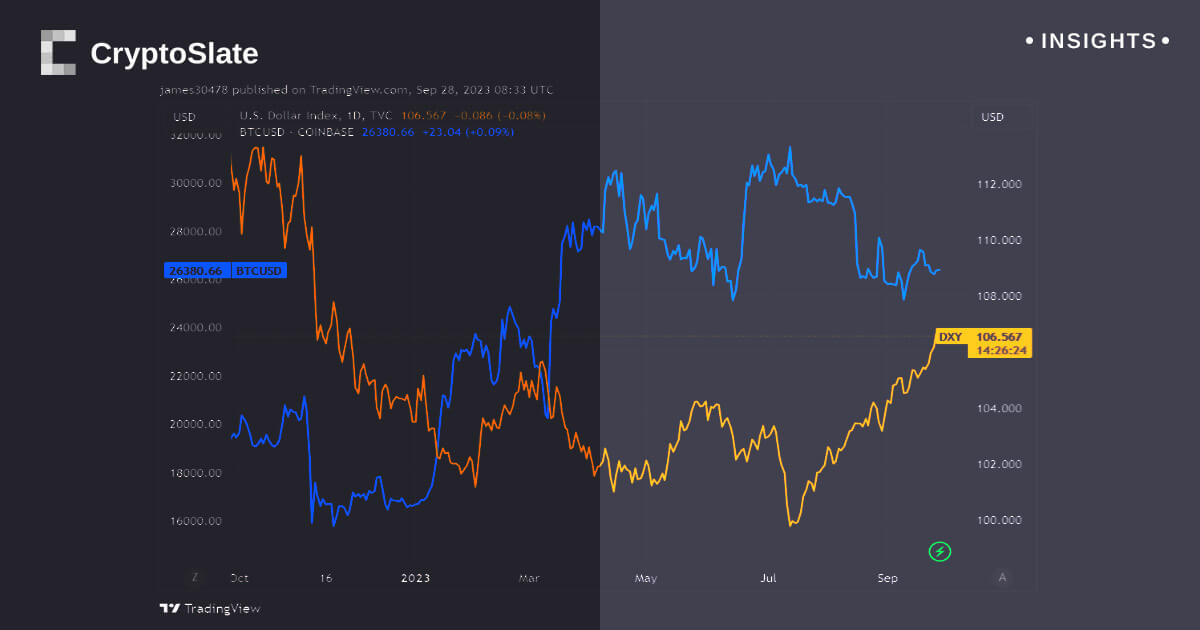The greylisting of South Africa by the Financial Action Task Force (FATF) was announced on February 24 this year, two days after the 2023 Budget Speech. Though expected and, according to government and financial practitioners, “priced-in”, it nonetheless affirmed the continued deterioration in the country’s standing as an emerging market. Countries get greylisted for a variety of reasons, of which none of these are good and they are provided with a set of requirements that they have to fulfil to be removed. Those who fail to comply either remain greylisted or get blacklisted, with punitive consequences.
Mauritius, for all its reputation as a competitive, business-friendly jurisdiction, suffered greylisting in February 2020. It diligently complied with the FATF’s requirements and, in a mere 20 months, returned to the company of the financially palatable. The diligence was noted by SA’s government and by analysts as an example to follow.
But for Mauritius, greylisting was a shock. It reverberated through the entire, though admittedly small, country. It was a national headline that turned up the heat on the government and a financial sector critical to the island’s economy. Citizens and businesses saw it as relevant to their livelihoods and as an inescapable indictment of their government. The pressure to be removed from greylisting was enormous.
SA’s greylisting appears to be a different affair
Few citizens know about the FATF and the greylisting. A mere six months later, it barely features in the business media and is absent from the national conversation. The last government communication on the subject was on May 17 – an announcement by the Treasury Department of an allocation of R265 million to the Financial Intelligence Centre to ensure that the country meets the deadline of early 2025. It did not make conversation at the BRICS Summit despite talks of a future common currency, contrary to what many commentators had said would happen there. The International Monetary Fund (IMF), though, raised the issue in a June 6 press release on the state of the fiscus, pressing SA to return to compliance.
On the face of it, the oblivion is concerning. It raises questions about the country’s understanding of the significance of greylisting. As a result, it brings attention to its commitment to do what is required. Because, at the risk of stating the obvious, SA is not Mauritius. Two significant factors may explain the different reactions.
The first is that SA depends much less on external capital flows than Mauritius – a small, open economy with no natural resources. External direct and portfolio investments represented a massive 135% of gross domestic product on average between 2018 and 2022 (IMF). It represented a mere 4% in the period. Mauritius depended on foreign debt capital equivalent to 100% of GDP on average. SA’s requirement was around 45%. Mauritius’s trade amounts to 120% of GDP, while SA stands at around 60%.
It is thus not surprising to hear Minister Enoch Godongwana remarking to Parliament on May 2 that “we have not seen any negative reaction by corresponding financial institutions to our institutions”, though acknowledging that “we have to recognise the reasons we were greylisted do have major economic consequences”. Stated differently, the short-term impact of greylisting is a lesser concern than its long-term effects.
The second is that SA has been mired in a long, worsening crisis that affects just about every aspect of life. Growth is near absent and negative when measured in GDP per capita. Private consumption is anaemic. Poverty is steadily rising, as is an abysmal inequality. Unemployment is the world’s worst. Crime and insecurity are at levels matching those of conflict-affected countries. Savings and productive investments are among the world’s lowest. Productivity is falling. SA has seen its industrial sector savaged; manufacturing’s share in GDP is now lower than the low sub-Saharan Africa average. Private sector debt is one of the world’s highest. Business failures are at a record high and business creations are not keeping pace. Infrastructure failure is pandemic, forcing households and businesses to direct scarce resources towards essential services; they pay a tax take that is among the world’s highest.
Government failure is embedded in the fabric of society, thanks to an unfathomable deficit in skills, integrity and accountability. The Fragile State Index captures this national systemic decline in stark terms: from ranking in the 24th percentile in 2005, SA ranked in the 57th in 2022 – a staggering 42% rank loss similar to those of countries at war. EunomixGCR, my firm’s geopolitical and country analysis and management programme, forecasts that SA will reach the 75th percentile in 2030, by which time it will be technically considered a failed state. My 2016 forecast for 2021 was 80% accurate, if slightly optimistic. Mauritius, on the other hand, saw its ranking improve from the 18th to the 15th percentile between 2005 and 2022 and touched the 13th in 2020.
In such a context, greylisting is but one of the many emergencies that saddle SA. To the average South African and the average business, it means little in absolute terms (the first factor above) and in relative ones (the second factor). This is why Minister Godongwana’s warning about its longer-term economic consequences must imperatively be heeded and greylisting rapidly be resolved; its seeming lack of impact where so many crises take precedence dilutes its urgency, whereas it was the crisis in Mauritius.
* This article was originally published on the TaxTalk magazine, SAIT
** Baissac is CEO of Eunomix and an affiliate member of the South African Institute of Taxation
PERSONAL FINANCE














